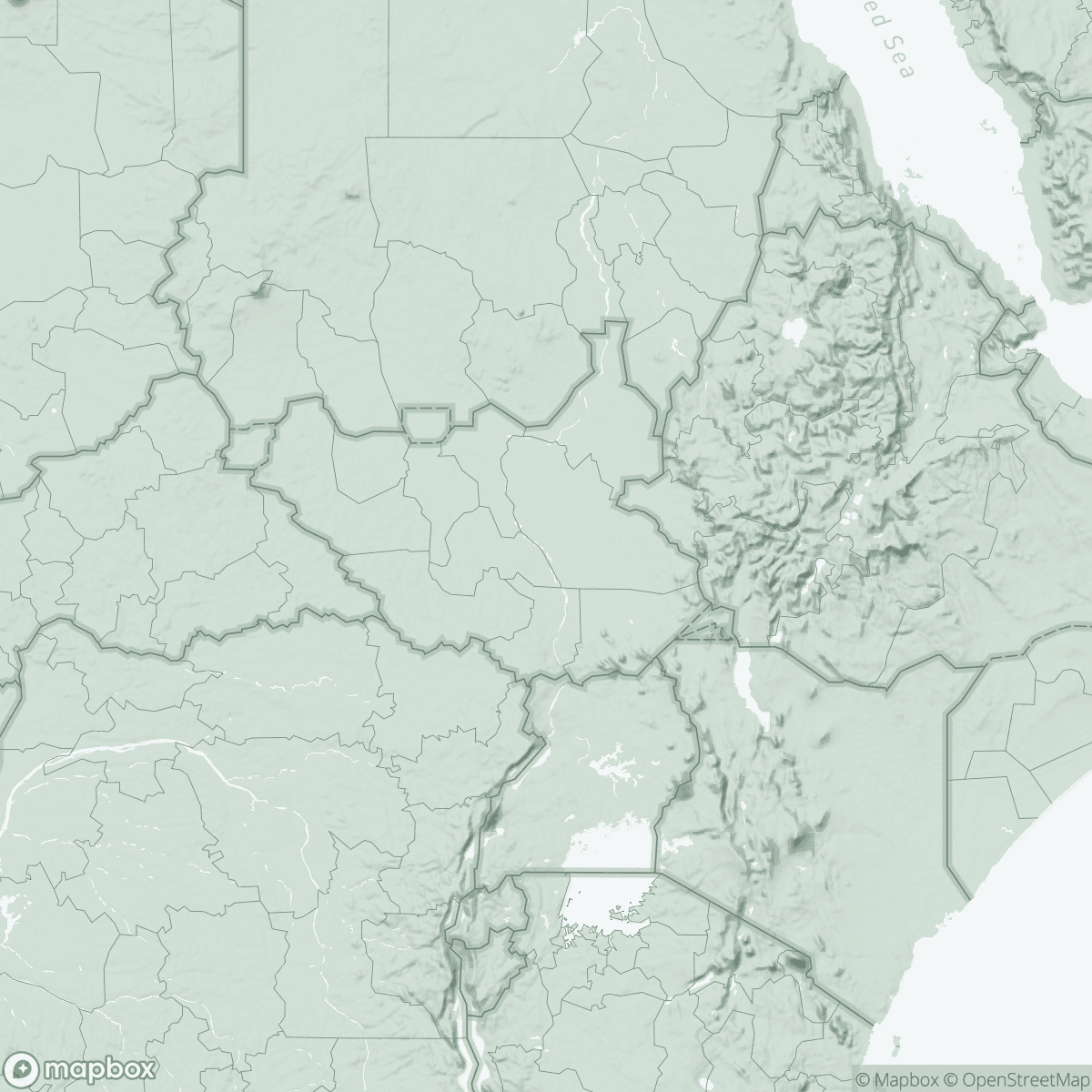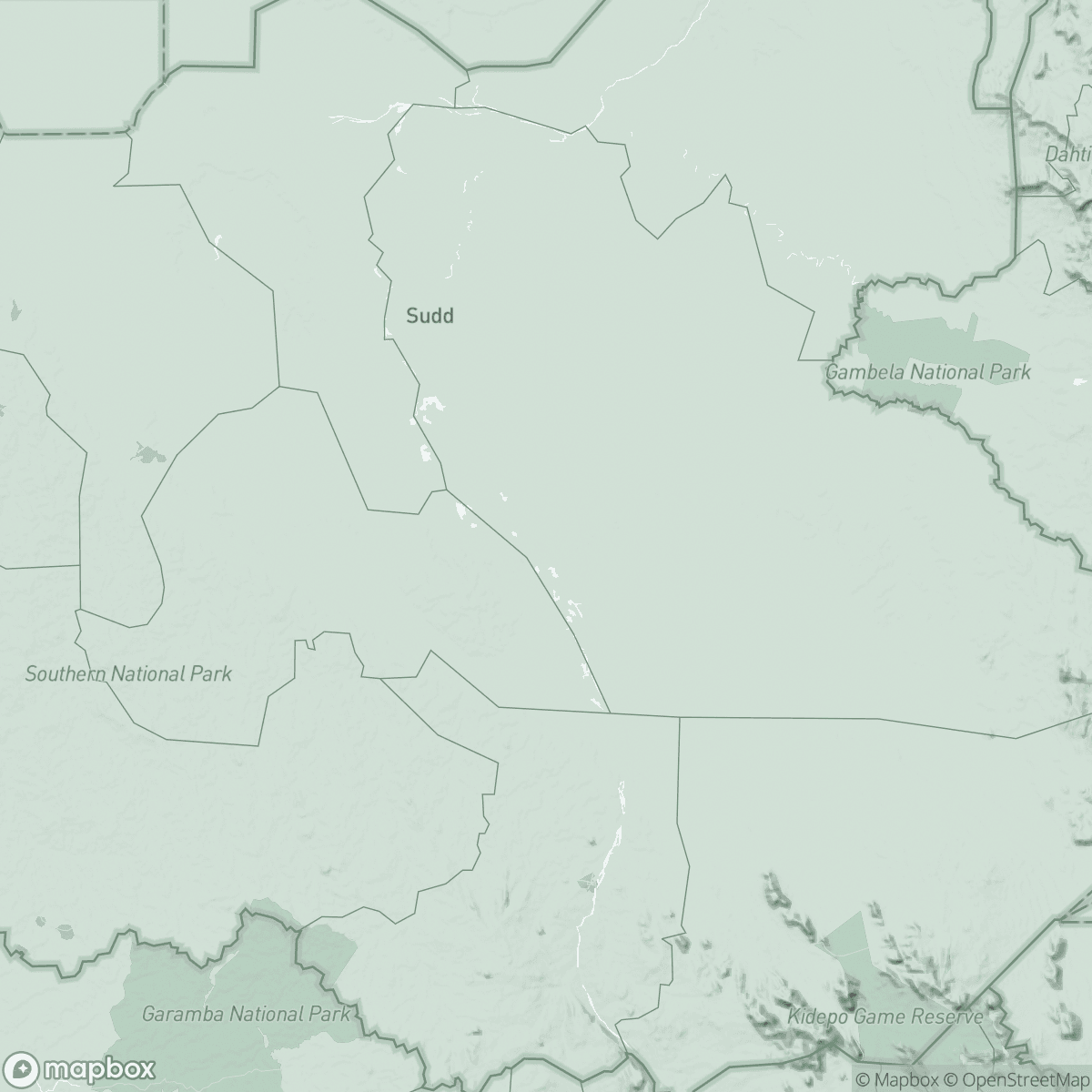
MSF Calls for Improved and Coordinated Response to Cholera Outbreak in Upper Nile
In 1 click, help us spread this information :
Médecins Sans Frontières (MSF) is deeply concerned about the rapidly escalating cholera outbreak in Malakal, in South Sudan's Upper Nile State. Since the first suspected case was reported on 5 November, the number of people affected has risen significantly, placing an immense strain on the limited response to date. By 3 December, a total of 737 cholera cases were reported in Malakal, with MSF treating 646 patients – more than 87% of all cases.
"The situation in Malakal remains critical, and we are concerned that the outbreak is spreading to neighbouring areas such as Tonga and Kodok. MSF urgently set up the 100-bed cholera treatment centre (CTC) in Assosa and continues to provide critical medical care; however, significant gaps remain, especially in the number of functioning oral rehydration points (ORPs) and water and sanitation," says Zakaria Mwatia, MSF head of mission in South Sudan. "We have been stretched thin in our response as we have had to expand our efforts to address critical gaps in the ongoing response."
The outbreak, initially declared in Renk, Upper Nile State, on 28 October 2024, has spread to Malakal, Bentiu in Unity State, Aweil in Northern Bahr-el Ghazal state, and even South Sudan's capital, Juba. Renk is a major entry point for refugees and returnees from Sudan, and the inadequate living and hygiene conditions have contributed to cholera's spread.

Over 850,000 people have crossed from Sudan into South Sudan over the past 18 months, around 75% of them through the Renk crossing into Upper Nile State.
The ongoing influx of refugees and returnees into South Sudan continues to pose risks to the already fragile situation and puts additional pressure on an already much overstretched health system. This highlights the urgent need for a stronger response to not only curb the spread of cholera, but also strengthen the delivery of critical health services across the country.
By 3 December, a total of 1,526 suspected and confirmed cholera cases had been recorded in South Sudan, with the numbers continuing to rise rapidly. Of these, more than 880 were treated at MSF facilities. Hundreds of these patients are displaced from the neighbouring Sudan, where more than 37,000 cholera cases have been reported in the recent months. More than 70 per cent of the reported cases are in the Upper Nile State alone.
The preparedness to address the potential spread to Malakal and other areas has been slow. Stepping up urgently working alongside the Ministry of Health and other organisations, MSF set up the CTC in Malakal in just three days. In Malakal, MSF's response extends beyond treatment. Teams are actively educating the community about cholera prevention and transmission and undertaking contact tracing to identify potential cases and refer them to the medical facility. MSF also provides technical support, medical supplies, and logistical assistance to other organisations and the Ministry of Health to cover gaps and ensure an effective response. Furthermore, MSF has also deployed mobile teams outside Malakal to provide technical support to the Ministry of Health in setting up cholera treatment units.
Oral rehydration points (ORPs) are small but critical establishments that provide oral rehydration salts (ORS) and basic treatment for dehydration; however, their establishment has also been slow.
"We urgently call for immediate and substantial scale-up of activities to contain this outbreak and prevent further suffering. This requires a collaborative effort from all involved," Zakaria adds.
MSF emphasises the urgency of accelerating the implementation of a comprehensive cholera vaccination campaign, ensuring rapid and equitable coverage. "The arrival of vaccines is a positive step," Zakaria adds. "We look forward to the government and other organisations prioritising the rollout of vaccinations in Malakal and all other affected areas, ensuring a swift and effective response."






